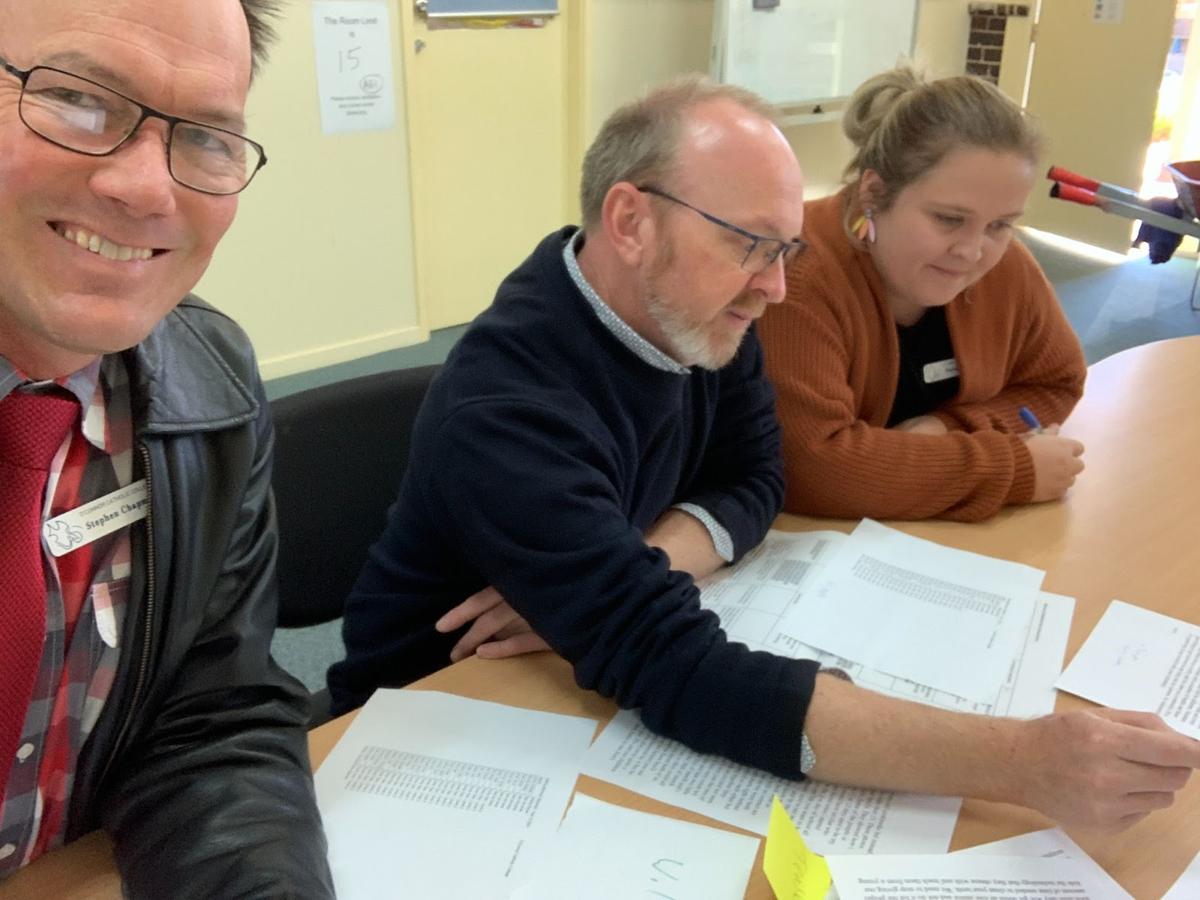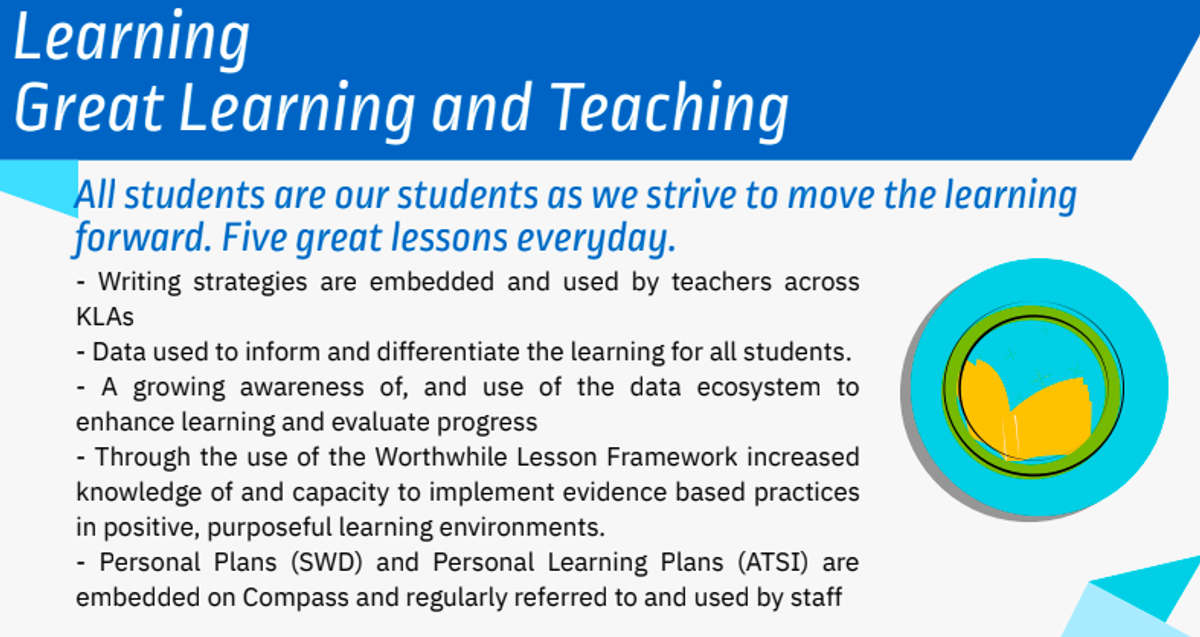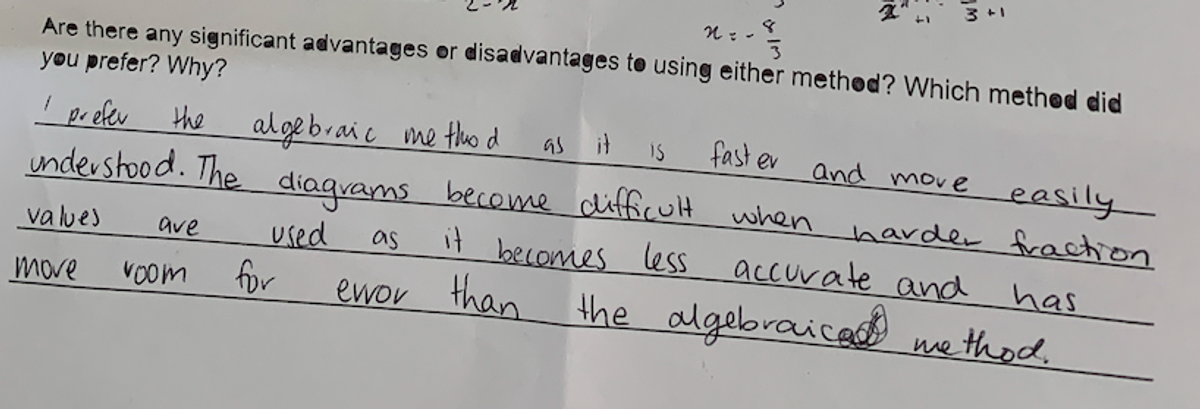Assistant Principal / Leader of Pedagogy
Mr Stephen Chapman

Assistant Principal / Leader of Pedagogy
Mr Stephen Chapman
There are obviously many skills that people need as they move through their lives. One of the most important of these is the ability to write effectively. This is especially important for our students in junior high school as it is well documented that success in senior high school depends on the ability to explain your thinking by writing clear and cohesive sentences and paragraphs. The Sydney Morning Herald (SMH) published two articles last year to illustrate the importance of writing.
The first of these talks about how writing is a critical life skill which our students are struggling with. Australian students are falling behind other countries in the world with their writing skills. It also states that most high school teachers do not see themselves as confident teachers of writing.
We, at O’Connor, are addressing both of these issues: Improving teachers' confidence in teaching writing skills and lifting the ability of students with their writing. I will elaborate on how we are doing this later in this article.
The second SMH article stated that the best indicator of success in the HSC exams is the performance of Year 9 students in their writing tests.
The article states that you can predict how well students will go in all HSC courses, even Maths and Science, based on their writing skills in Year 9. There are several research papers that confirm this.
Our current Year 10 students sat their three Minimum Standard tests earlier this term for Reading, Numeracy and Writing. We have been taking particular notice of the writing test results, along with the NAPLAN test results from last year. We are using the data from these tests to identify which students need extra help with their writing. We will begin working with small groups of students soon on writing intervention. These Year 10 students will have a second attempt at the Minimum Standard Writing Test early next term to see if their writing skills have improved. The intervention will be coordinated by Michael Wooster (Literacy Coach), Nat Gurr (LOL - Inclusion) and myself (AP - LOP). We have all had training and experience teaching writing to students and we will also work with these students in classes.


Photo: Nat Gurr, Michael Wooster and myself looking through the scripts from the Year 10 minimum standard tests.
There is a whole school focus on improving writing for our students this year. You can see this from this extract from our 2022 Annual Improvement Plan (AIP).


You can see writing is mentioned most obviously in the first dash point in the AIP extract above:
If you talk to your children, you might hear them say they have been working on their writing skills in a variety of classes. It’s not just the responsibility of the English department! For example, students in science might be asked to correct the punctuation in a paragraph of text.


Period 3 today (Friday)
Tobi and Archer (Year 7) working on personification: A writing skill
Even in Maths, students are expected to write with clarity. There are always questions in each HSC Mathematics Examination which ask students to justify their answers or explain a mathematical concept. To get full marks for these questions, the vocabulary and sentence structure needs to be appropriate. Today, for example, the students in the Maths Advanced class needed to compare two methods for solving absolute value equations. They needed to write articulate sentences to explain their preferred method, justifying their opinion. I’m pleased to say their responses were excellent.


Year 11 Advanced Maths this morning: A well written response.
Our Literacy Coach, Michael Wooster, and I have been working with all KLA Leaders of Learning on what we are calling the 2022 whole-school writing strategy. This strategy is all about working backwards from the end of Year 12. The teachers from each Key Learning Area (KLA) will start by cutting up the HSC exams for their subject area and seeing the type of writing needed for full marks. Then, these teachers will set benchmarks for where each year group (Year 7 to Year 12) will need to reach to get to the required level of writing in Year 12. It will be exciting to see how each KLA goes with this strategy and to see what activities and learning happen in all classes as a result.
Being able to write clearly is an important skill. Whether it’s an old-fashioned pen and paper letter or an essay for a formal assessment task, we need to be able to articulate what we are saying in clear, concise language. The structure of our paragraphs needs to allow the reader to follow the message without them getting lost or confused. It’s amazing to think about the power of writing. A well written sentence can inspire and inform. A beautifully written paragraph filled with an imaginative narrative can entertain like a charismatic performer on a stage! Let’s all get behind our young people and encourage them to be the best writers they can be.
Mr Stephen Chapman
Assistant Principal - Leader of Pedagogy
Never stop learning; for when we stop learning, we stop growing - Jack Lewman

